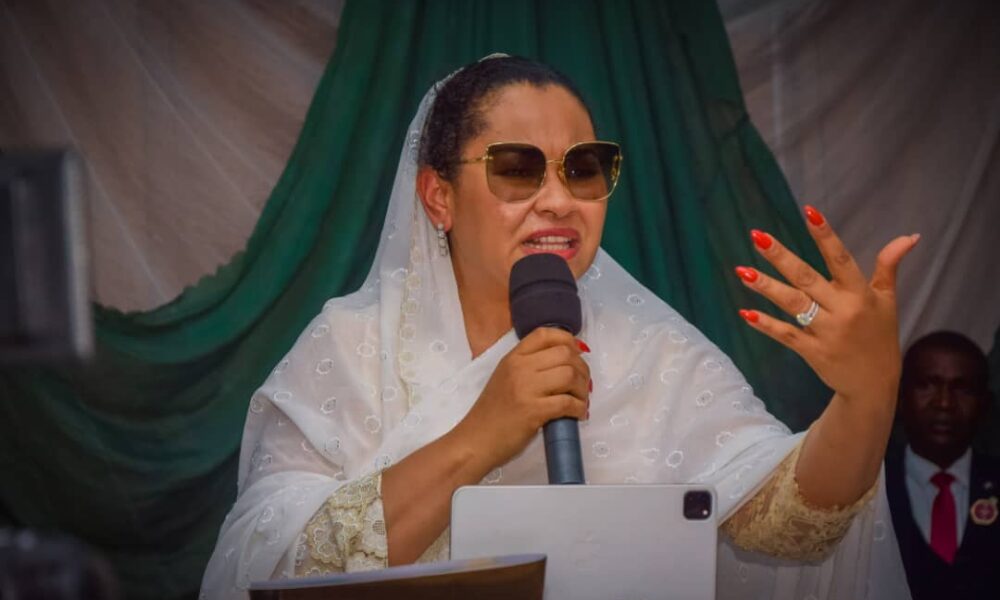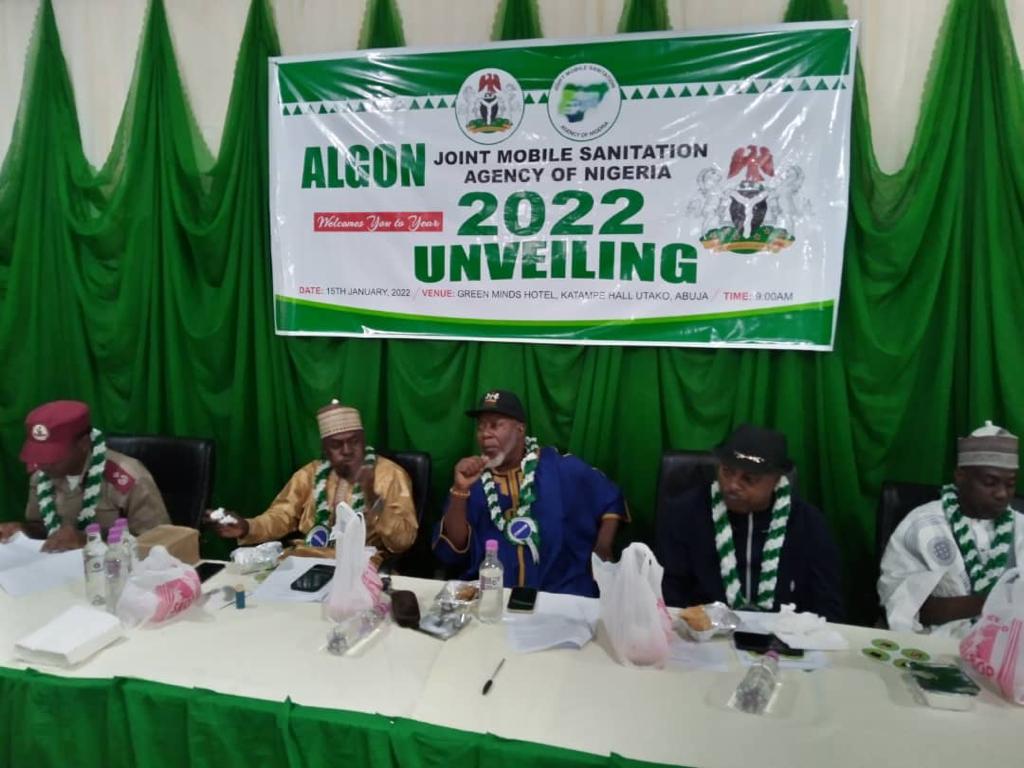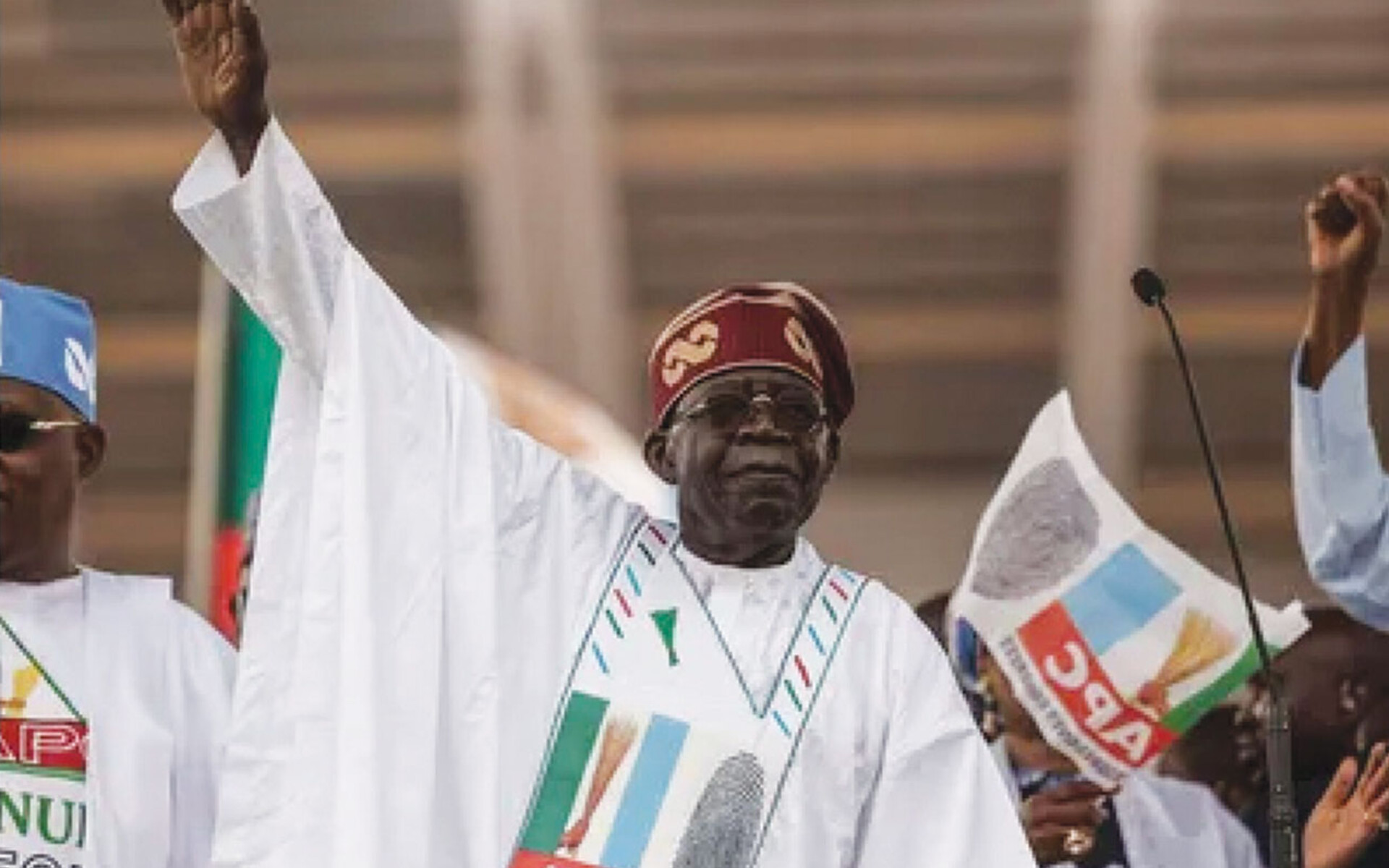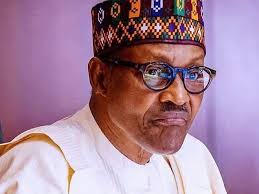The Senator representing Kogi Central in the National Assembly, Natasha Akpoti-Uduaghan has called for a rebirth of Northern Nigeria’s economy and cultural identity, urging the region to reclaim its historical standing as a center of agricultural and industrial prosperity. Speaking at the Sardauna Memorial Day in Kaduna, the senator emphasized the urgent need to revitalize the region’s economic output, which has sharply declined in recent decades.
Senator Akpoti-Uduaghan evoked the legacy of the Sardauna of Sokoto, Ahmadu Bello, whose leadership policies fostered economic growth and industrialization across Northern Nigeria in the mid-20th century.
She stressed that the once-thriving agricultural and industrial sectors in the region have deteriorated, diminishing its economic influence.
A Look Back to Economic Glory

The senator lamented the downfall of key industries, highlighting the sharp decline in Northern Nigeria’s groundnut industry. She pointed out that in 1959, groundnut exports from Northern Nigeria to the United Kingdom were valued at £27 million—equivalent to ₦3.6 trillion today. However, she noted that the industry now generates a meager $3 million annually, signaling a significant loss in economic potential.
“The collapse of the groundnut trade and other key industries represents a tragic loss to our region,” Akpoti-Uduaghan said. “We were once an economic powerhouse, but now, we are seeing a shadow of what we once were.”
The senator also cited the fall of the cotton industry, once integral to both local and global economies, with the Kaduna Textile Mill serving as a vital employment hub. Today, she said, the cotton industry has all but vanished, despite the global market generating $21 billion annually.
Senator Akpoti-Uduaghan urged Northern leaders to adopt a more progressive, developmental mindset to revive the region’s industries. She called for strategic planning and innovation to rebuild the entrepreneurial ecosystems that once flourished.
“It is crucial that we focus on rebuilding our economic resilience. We must move beyond dependence and work towards a prosperous future by harnessing our agricultural and industrial potential,” she urged. “This is the time for bold leadership.”
In her speech, Akpoti-Uduaghan also discussed the importance of economic diversification, acknowledging that while recent tax reforms have raised concerns, the region’s resistance is due to its lack of preparedness. She emphasized that a diversified economy would better withstand such changes, pointing out that a thriving groundnut industry could have alleviated the shock of economic reforms.
“Had we maintained a strong agricultural base like the groundnut industry, these reforms wouldn’t be as disruptive,” she said. “It’s time to stop making excuses and take concrete steps toward economic renewal.”
The senator further stressed the importance of preserving the North’s cultural heritage as part of the region’s revival. She called on all stakeholders—leaders, civil society, and citizens—to collaborate in protecting the cultural values that have defined the North for centuries.
The Sardauna Memorial Day event, which honored the legacy of Ahmadu Bello, saw the attendance of prominent figures such as Kaduna State Governor Senator Uba Sani, represented by Abdulazeez Ishak, and Northern Elders Forum Chairman, Prof. Ango Abdullahi.
Senator Akpoti-Uduaghan’s impassioned address has sparked renewed conversations about the North’s potential to reclaim its role as a major economic force in Nigeria.
With a call for innovative leadership and economic rejuvenation, the senator is leading the charge for the region to restore its economic vitality and cultural prominence.




